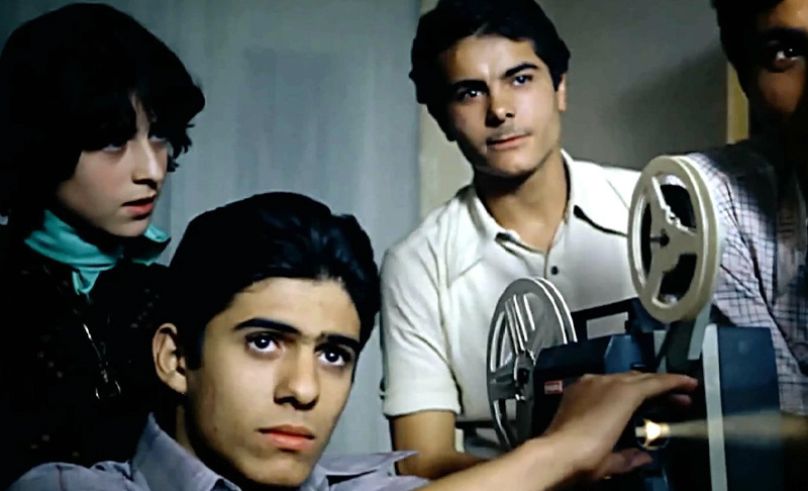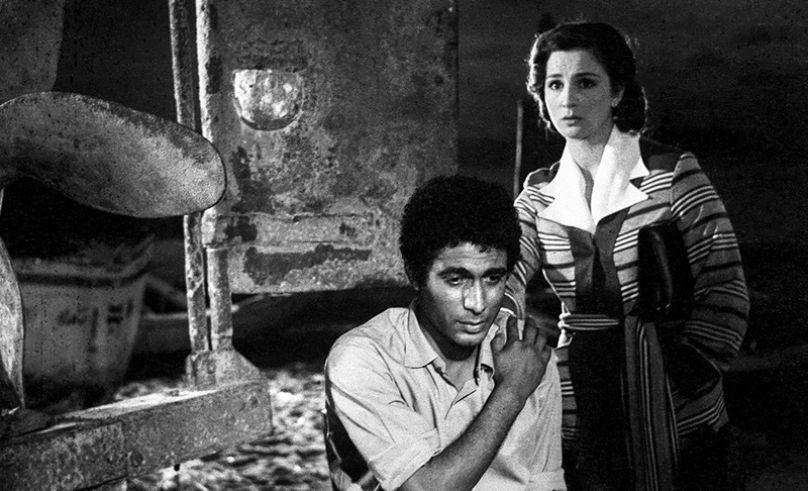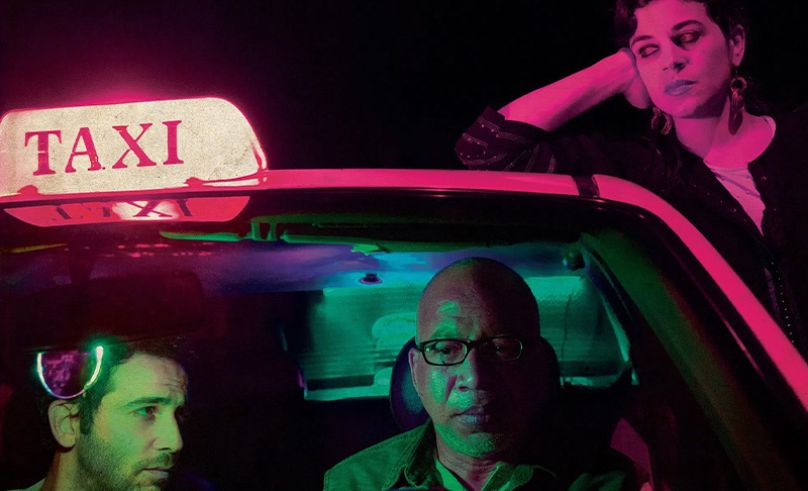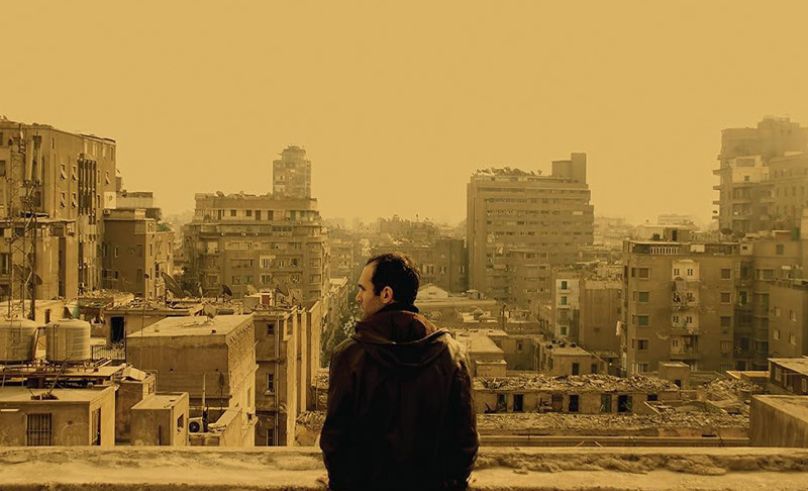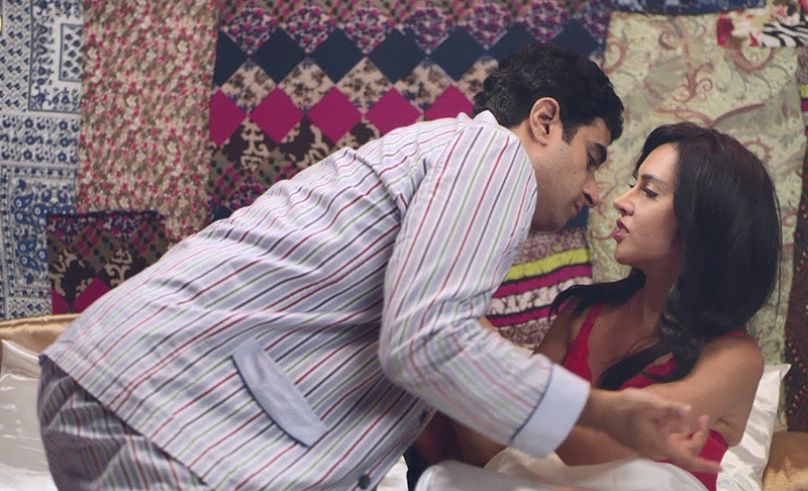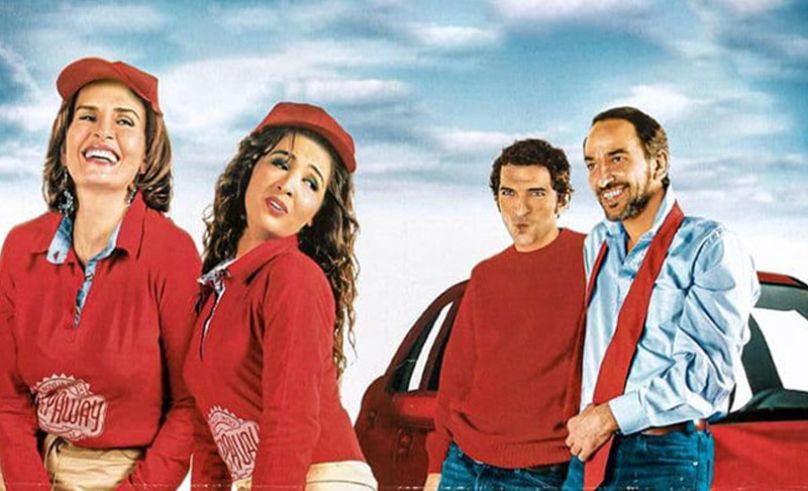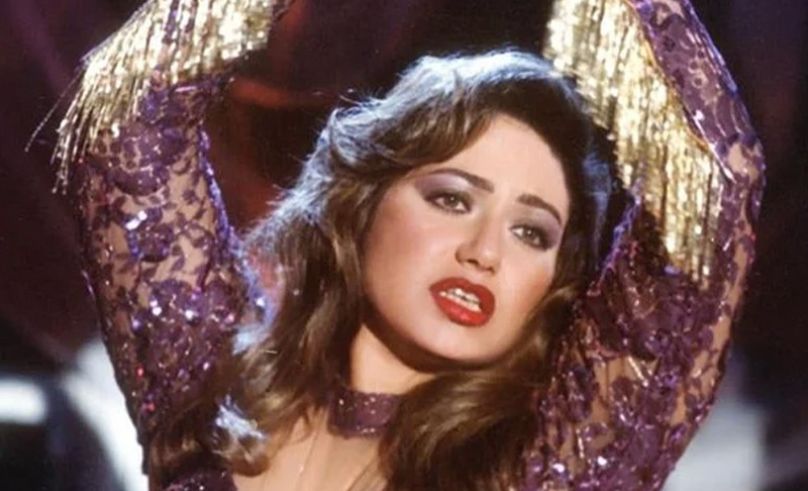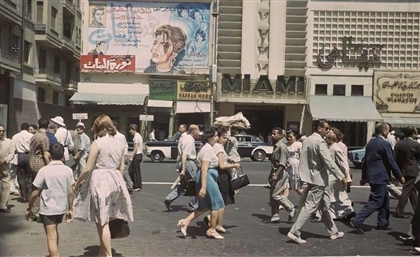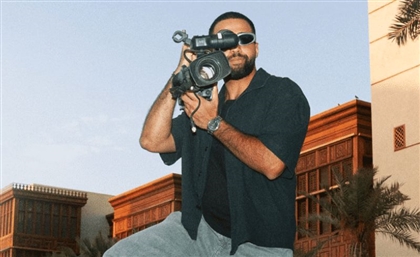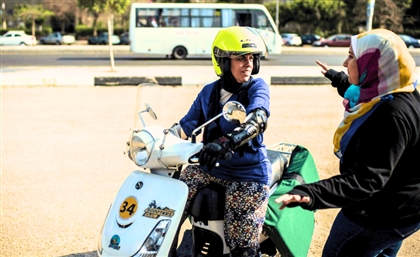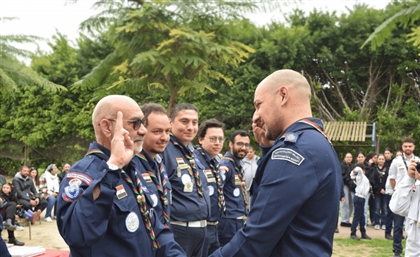Ranging from satire to autobiography to fragmented narrative, from Chahine to Amer, these films turns Egyptian Cinema itself into the subject.
In Egyptian cinema, there are moments when the camera turns inward and the stories on screen aren’t just about love, politics, or history, but about the act of filmmaking itself. These works don’t just use film as a medium but interrogate it as a subject. This is a list of six films, ranging from satire to autobiography to fragmented narrative, that made Egyptian Cinema the subject of cinema...
Iskindereyya… Leh? (1979)
Set in cosmopolitan Alexandria during World War II, ‘Iskindereyya... Leh?’ (‘Alexandria… Why?’) follows Yehia, a young man torn between the realities of war and his dream of becoming an actor, inspired by Hollywood and Shakespeare. The film is the first in Youssef Chahine’s acclaimed Alexandria trilogy, followed by ‘An Egyptian Story’ and ‘Alexandria Again and Forever’.
Leil Khargi (2018)
In ‘Leil Khargi’, director Ahmad Abdalla follows Moe, a filmmaker whose chaotic day on set quickly spirals into a surreal night through Cairo’s underbelly after his film shoot is disrupted by personal and professional crises. What begins as a behind-the-scenes glimpse into a collapsing production transforms into a drifting nocturnal journey, as a taxi driver and a sex worker cross the city’s tangled streets, navigating class tensions, social taboos, and the unsteady ground between reality and performance.
Akher Ayyam el-Madina (2016)
‘Akher Ayyam el-Madina’ follows Khalid, a 35-year-old Egyptian filmmaker struggling to make a film that captures the soul of Cairo while facing personal loss and the quiet unraveling of the city around him. Set in downtown Cairo in 2009, the film weaves footage from friends in Baghdad, Beirut, and Berlin, whose cities mirror his own sense of instability and longing. Directed by Tamer El Said, the film won the Caligari Film Award at the Berlin International Film Festival, amongst several other international honors.
Balash Tebosni (2018)
Directed by Ahmed Amer and starring Yasmin Raeis and Mohamed Mahran, this mockumentary‑style satire follows a young director struggling to film a kissing scene because his lead actress refuses.
Kalam Fel Hob (2006)
Directed by Ali Idris, this romantic comedy features Yousra as Nahed, a waitress who becomes involved with a director’s assistant, played by Amr Waked. It explores the boundaries between personal romance and artistic ambition.
Ya Mehalabeya Ya (1991)
Directed by Maher Awad and Sherif Arafa, this comedic satire stars Laila Elwi and Hisham Selim. It follows director Shoukry Ezzat and screenwriter Mar’i as they discover an inherited grain warehouse is actually a film studio. The revelation leads to a chaotic “film‑within‑a‑film” set in the British‑occupied era, where production clashes with nationalist themes.
